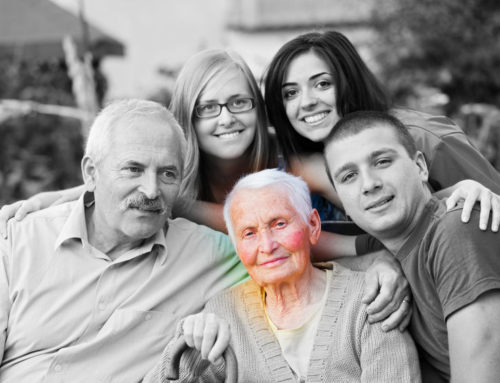Communication plays a tremendously important role in day to day life. Consider that when any of us experience anxiety, frustration, or aches and pain, we have the ability to communicate these feelings to our friends and loved ones to get the help we need. Many of us take the ability to communicate our needs for granted—failing to consider how the onset of a condition could significantly impair or even prevent us from acquiring basic needs. Sadly, those diagnosed with Alzheimer’s disease or dementia don’t always have the ability to communicate their feelings—and especially their pains. Your loved one could easily find him or herself suffering from a blister, bruise, or migraine; however, he or she may not have a way to communicate this pain.
Pain, anxiety, fatigue, depression make up a never-ending cycle for those diagnosed with Alzheimer’s and dementia. An initial ache or pain sets in. Then the symptoms of Alzheimer’s prevent your loved one from understanding what’s causing the pain, and this lack of understanding induces anxiety. The pain and anxiety result in fatigue, and then—of course—the lack of energy to do the things your loved one enjoys leads to depression.
While a medical professional can certainly provide the treatment needed for you loved ones, an Ohio elder attorney can advise you in the event your loved one’s unspoken pain results in an outburst or other risky behavior. For help answering any questions you may have regarding your loved one and the risks associated with uncommunicated pain, you should reach out to an Ohio injury attorney.





